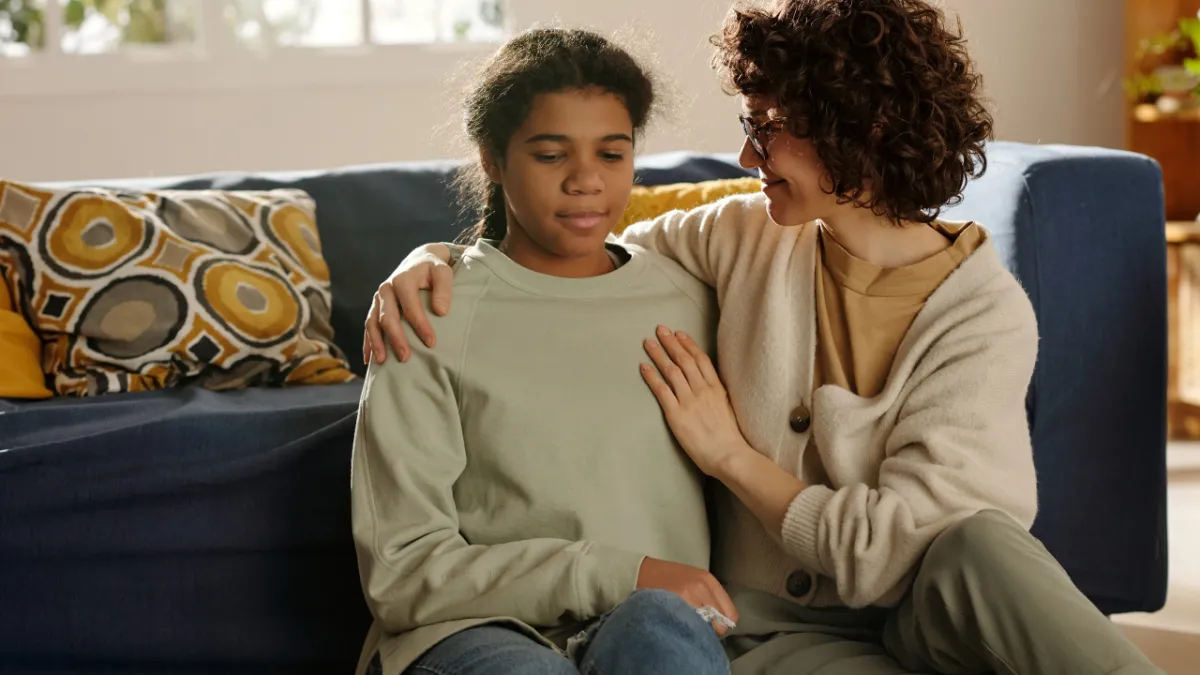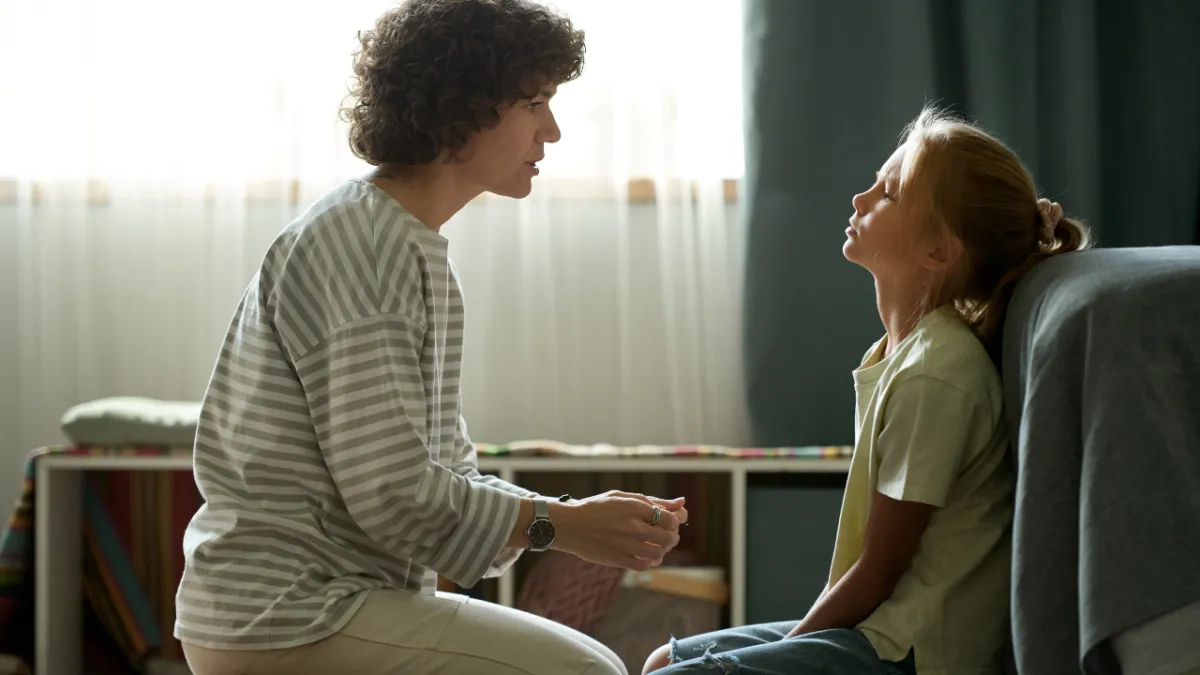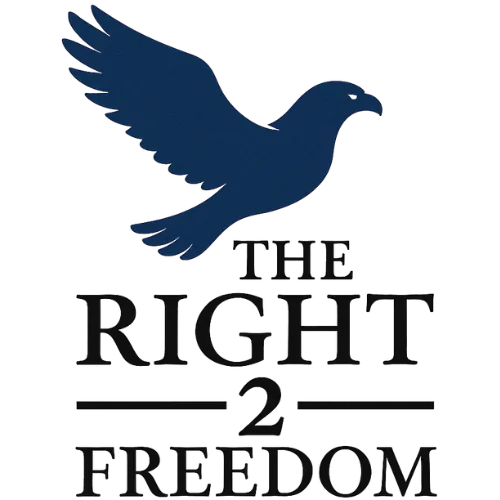Understanding
Human Trafficking
Solving this complex problem begins with awareness and knowledge.
Human trafficking is a modern form of slavery and is the second largest criminal industry in the world following drug dealing. It involves controlling a person through force, fraud, or coercion to exploit the victim for forced labor, sexual exploitation, or both. Most of this trafficking is done for the sole purpose of sexual exploitation.
Who Are Victims of Human Trafficking?
Human traffickers look for people who are psychologically susceptible, emotionally vulnerable or are facing economic hardship. Victims can come from different socio-economic, racial, and ethnic backgrounds. Perpetrators lure the innocent into human trafficking through manipulation such as:
Showering them with attention
Making false promises
Giving them gifts and money
Faking romantic relationships
Pimps keep their victims under control through force, coercion, violence, rape and in some cases, threats to harm the victim’s family. The trauma caused by traffickers, (called a trauma-bond) can be so strong that many do not identify themselves as a victim of human trafficking. The control a pimp has over the victim and the victim’s fear of retribution typically cause the victim to feel powerless and trapped, resulting in a reluctance to ask for help, even when in public. In many cases, human trafficking is a hidden crime.
How to Recognize a Victim of Human Trafficking
There is no stereotypical victim; however, many do share one or more of the following RED FLAGS:
Burns or scars
Malnourished or hungry
Varied stages of bruising
Branding or tattoos, such as a $, a barcode, or “Daddy”
Signs of alcohol or drug addiction
Withdrawn, depressed, and fearful
Inappropriately dressed for the season
Inconsistent stories
Frequent or unexplained absences
Frequent travel to other cities
Always accompanied by an older, controlling boyfriend or woman; or has a boyfriend 10+ years older
Talks about sexual situations beyond what is normal for their age
Kids Can Be Victims of Human Trafficking
Vulnerable to being commercially, sexually exploited through prostitution, pornography, and/or erotic entertainment kids are a common target for human trafficking.
The recruitment of kids for human trafficking can occur by a parent, family member, or an outside perpetrator. The Department of Justice reports that in
nearly 25% of the child-exploitation cases they encounter, the child was forced into prostitution by a parent or family member.
The trafficking of minors can happen to kids within a home, as well as, to those who have left or lost their home. Kids likely to be approached by traffickers within 48 hours of leaving or losing their homes.
The bottom line is, no matter their socio-economic, racial, or ethnic background, no matter if they live at home or are a runaway, our kids are a vulnerable population for human trafficking.
Where Does Human Trafficking Occur?
Everywhere; human trafficking has no geographic boundaries.
Human trafficking occurs in every country, even in the United States within our cities, rural towns, suburbs and communities. Perpetrators and pimps will go anywhere, do anything to reach the vulnerable and lure them into human trafficking.
In 2020, Texas was second in the nation for reported cases of human trafficking. A total of 987 human trafficking cases in Texas were reported to the National Human Trafficking Hotline, the second-most of any U.S. state (after California).
Human Trafficking Online
Now, the boundaries for human trafficking have expanded even more. Perpetrators are entering into our homes and kid’s lives through the online doorways provided by social media and gaming. Traffickers use simple conversations online to lure grade schoolers and teens into “friendship” that ultimately results in them becoming a victim.
How One Conversation Can Be a Life-Changer
A few examples of how perpetrators gain access to their prey by turning online interactions into opportunities to traffic innocent kids and teens.



Stay Informed
Join our mailing list to receive updates and information fromThe Right 2 Freedom
